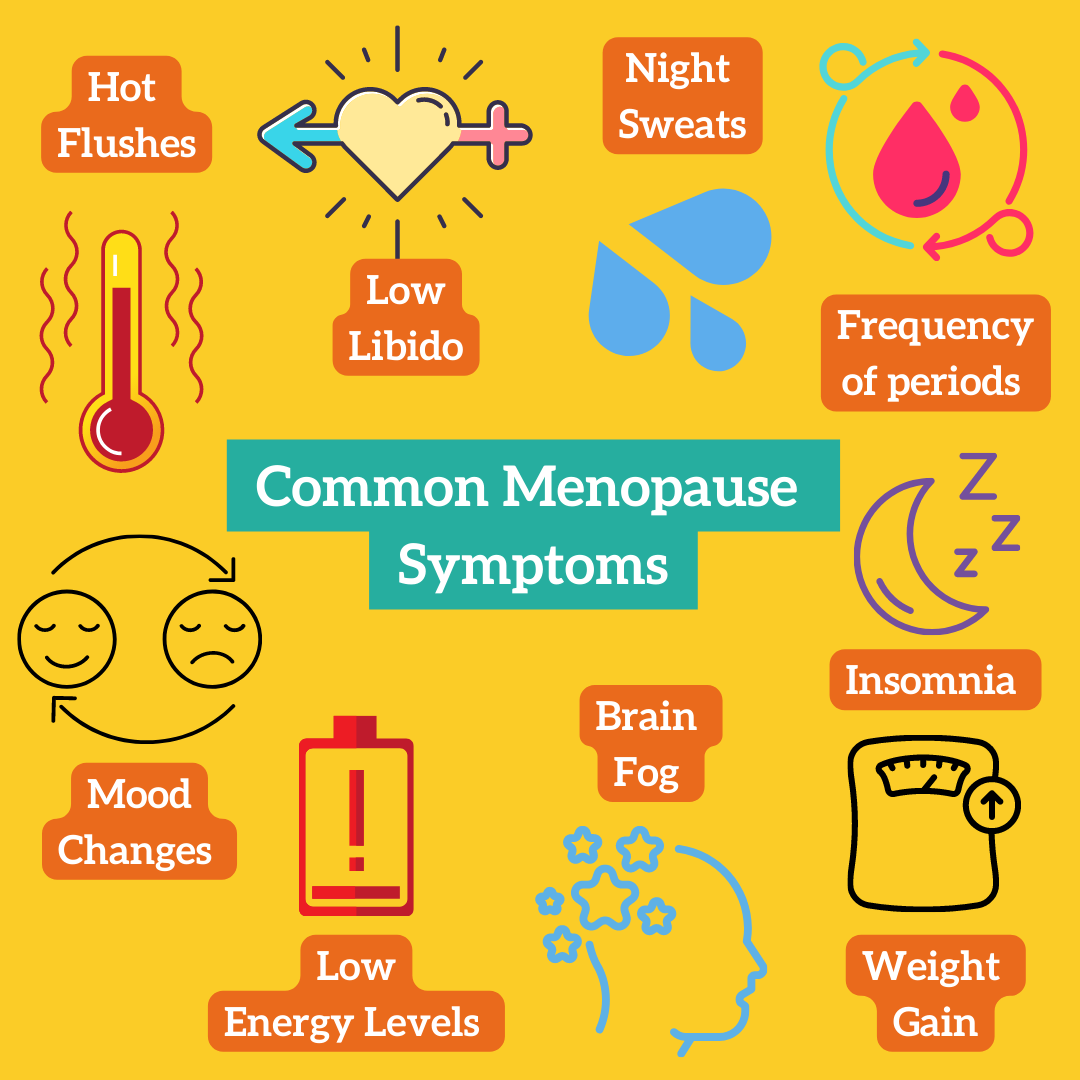6 Tips for Dealing With Morning Sickness During Pregnancy

Morning sickness is common in pregnancy. Approximately 80% of women experience nausea and vomiting. However, morning sickness is a bit of a misnomer as it can happen day or night. The good news is that even if you are among the 8 out of 10 women who suffer from morning sickness, it typically eases or disappears by the twelfth to sixteenth weeks of pregnancy.
A small percentage of women, roughly 1-2%, experience a severe form of morning sickness called hyperemesis gravidarum, which requires medical attention and may require hospitalisation.
However, if you’re like most pregnant women, you will only experience mild and occasional nausea, vomiting and diarrhoea associated with morning sickness. Nonetheless, dealing with these pregnancy discomforts daily or suddenly can cause disruptions to your life and leave you feeling rather uncomfortable.
Morning sickness symptoms can make daily tasks complicated or even impossible at times, sending women scrambling to the internet to discover what helps with morning sickness.
Morning sickness can make you feel down, but remember, you are not alone, and there is no shame in asking for help when needed. If, during early pregnancy, you’re not ready to share the news publicly at work, speak privately with your supervisor or trusted co-worker to let them know you may need to step away from your desk occasionally.
How to Help Morning Sickness
Every woman is different, but some tried and true ways to reduce nausea and vomiting exist! Here are some recommended morning sickness remedies.
1. Ginger, Peppermint, & Lemon
Ginger, peppermint and lemon have been used for nausea and upset stomachs for thousands of years. You can drink lemon, ginger or peppermint tea, suck on peppermint or ginger candy or crystallised ginger or try My Expert Midwife’s Soothing Ginger Melts. Soothing Ginger Melts are ginger and lemon flavoured and contain vitamins B6 and B12 to reduce fatigue. They can be taken up to 3 times a day as needed.
Another remedy is drinking Morning Rescue a tummy soothing tea blend of whole leaves of lemon verbena, lemon balm, African mint and lemongrass combine with pieces of root ginger.
These ingredients have all been used for millennia to support tummies. It is believed that their benefits link to the gingerols in the ginger, and citrals in the lemon-y ingredients that are both anti-inflammatory
You can also use essential oils and sprays to alleviate nausea. My Expert Midwife’s Sick of it! Spritz contains peppermint and lemon essential oils, which are natural remedies for nausea. The bottle is small enough to carry in your handbag and safe for use throughout your pregnancy.
2. Eat Small Meals
Eating large meals while pregnant can contribute to nausea and may cause acid reflux. Likewise, an empty stomach can make nausea worse. While many foods may not appeal when dealing with morning sickness, keep a stack of crackers or biscuits nearby and sip water throughout the day.
3. Rest
Rest is essential when pregnant and is especially important when you feel sick. Find or create pockets in your day when you can sit and put your feet up for 10-15 minutes. Fatigue is expected during the first trimester and is caused by flooding pregnancy hormones. Resting when possible will alleviate stress, tiredness, and nausea.
4. Anti-Nausea Products
There are many products on the market specifically for reducing or eliminating nausea. Some of these products, like sea bands, are for motion sickness, but many pregnant women say they also work for pregnancy nausea. In addition, over-the-counter medications like Doxylamine have also been proven to work. Always check with your GP before taking any medication.
Multivitamins, B6 supplements, and in some cases, anti-nausea prescription medications can reduce or eliminate vomiting during pregnancy when taken under the supervision of your doctor.
5. Avoid Spicy and Creamy Foods
Certain foods, especially spicy and rich, creamy ones, can trigger nausea and vomiting. Our bodies are equipped with our five senses to help ward off danger and pain, so as a result, while pregnant, certain foods may smell off or even create nausea.
Spicy and heavy foods also create acid reflux which, when severe, can induce vomiting.
6. Stay Hydrated
Staying hydrated is essential during pregnancy, and it can also alleviate nausea. If the taste of regular water isn’t appealing, drink lemon water or consider sparkling flavoured waters. You can also drink non-caffeinated teas, which in addition to keeping you hydrated, may also relieve morning sickness symptoms.
Mild dehydration is a common side effect of morning sickness. Dehydration can lead to premature labour and amniotic fluid reduction, so getting your fluids in any way is vital.
Signs of dehydration include:
- Sleepiness.
- Dizziness.
- Constantly feeling thirsty, a dry sticky mouth.
- Headaches.
- Decreased urination.
- Constipation.
Call your GP if you experience any of the following:
- Little or no urine during the day or very dark urine.
- Extreme thirst.
- Parched mouth, skin and mucous membranes.
- Irritability and confusion.
- Sunken eyes.
- Rapid heartbeat and breathing.
- A drop in blood pressure.
- Trouble staying awake.

Symptoms & Side Effects of Morning Sickness
Nausea and vomiting are the two most common symptoms associated with morning sickness. However, morning sickness can also feel like butterflies in your stomach, create strong food aversions, cause diarrhoea, feel like car or motion sickness or create sudden hunger pangs.
Morning sickness may cause you to lose weight and may also cause mild dehydration, food aversions, fatigue, headaches, stress, and a general feeling of queasiness.
Doctors aren’t one hundred percent sure what causes morning sickness in some women and not others, but factors that play a role include:
- Increased levels of the pregnancy hormone hCG.
- Increased levels of oestrogen and progesterone.
- A keener sense of smell during pregnancy.
- Heartburn and GERD, which increase during pregnancy.
- Excess saliva caused by pregnancy.
Key Takeaway
What helps pregnancy sickness for one woman may not help the next. However, if you’re experiencing symptoms of morning sickness and nausea, use this list of pregnancy nausea tips as your go-to guide to find relief and carry on with your day!
About the author:
My Expert Midwife was founded in 2017 to help with the physical recovery challenges that women face during pregnancy, childbirth and beyond. Working with in-house expert midwives, they have developed a range of award-winning products designed especially for new and expectant mums and new babies. Their midwife-developed products come glowingly recommended by thousands of mums.




Comments